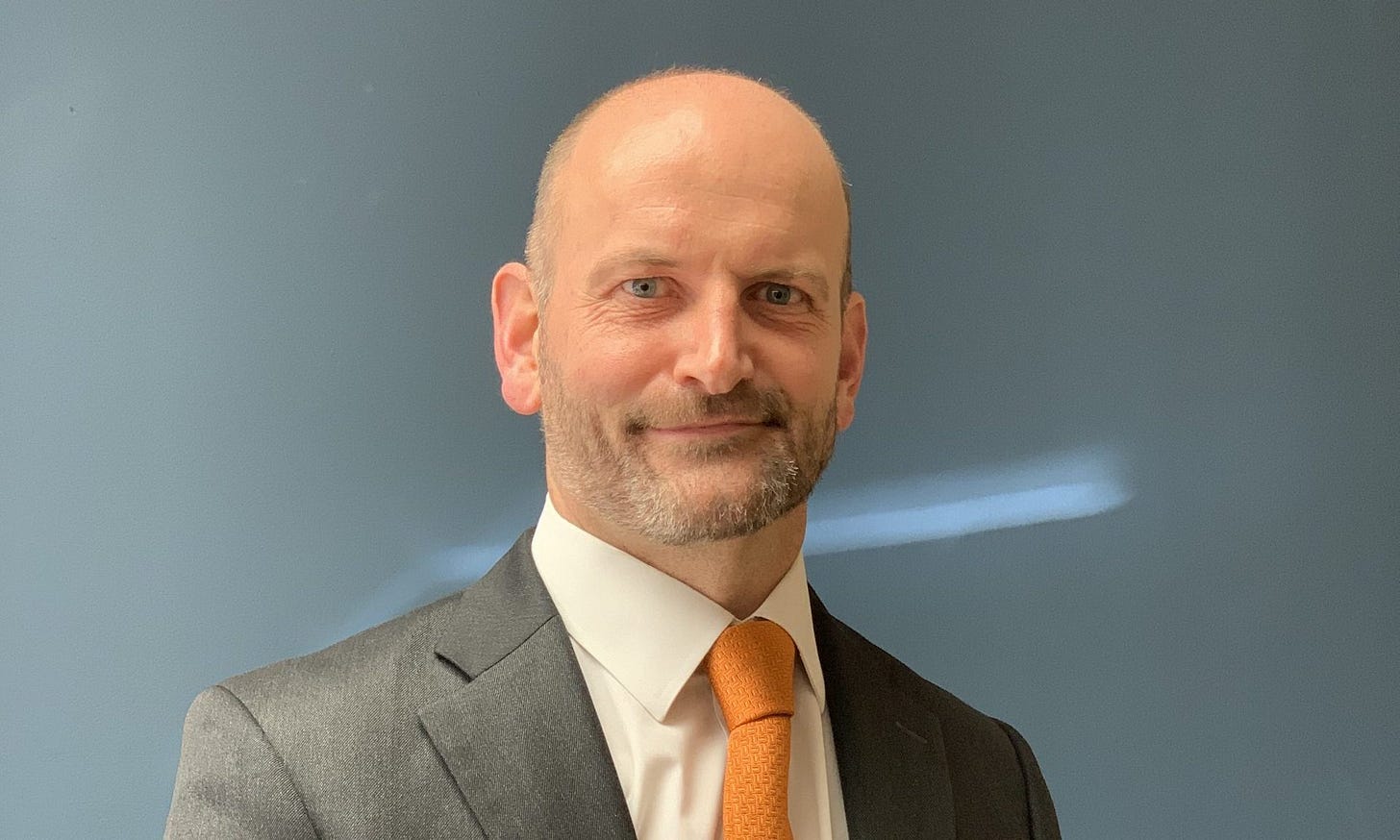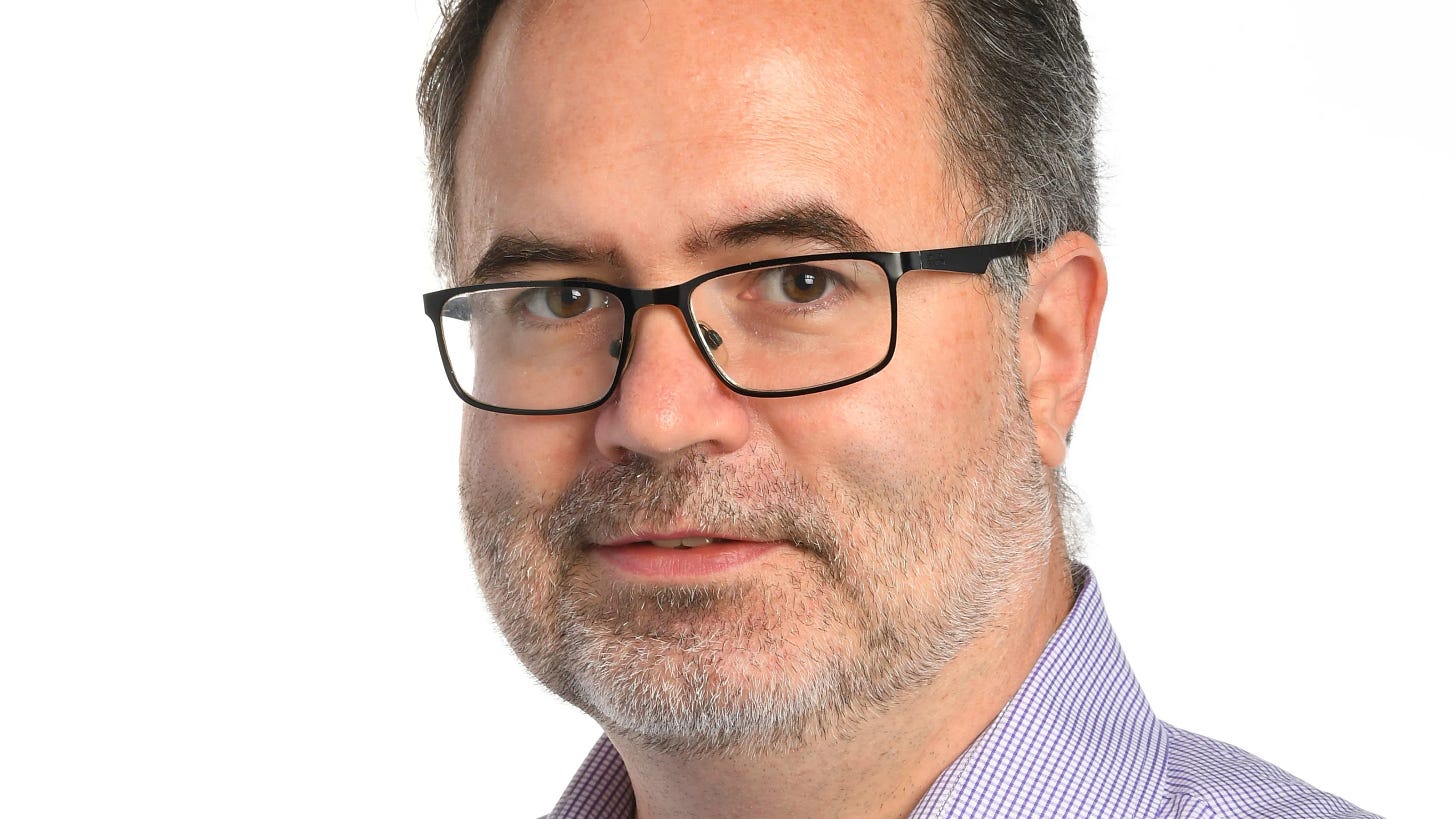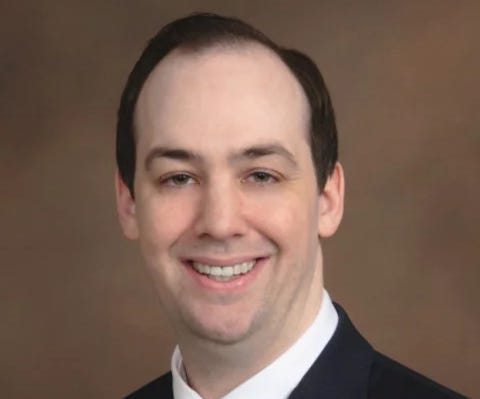Health code
FreeCons favor pro-patient, pro-market reforms of medical care
Of all the issues that motivate Freedom Conservatives to fight for individual liberty, market principles, and rational policymaking, few rank higher on our priority list than health care.
The prices of medical services, treatments, devices, and health insurance have been soaring. “Americans can only prosper in an economy in which they can afford the basics of everyday life: food, shelter, health care, and energy,” we wrote in the FreeCon Statement of Principles.
“A corrosive combination of government intervention and private cronyism is making these basics unaffordable to many Americans.”
Political campaigns feature frequent health care claims and promises. One of the founders of Freedom Conservatism, FREOPP president Avik Roy, pointed out in Forbes that Kamala Harris was the first U.S. senator to cosponsor Bernie Sanders’ “Medicare for All“ bill.
It would have “abolished private health insurance for all age groups,” he explained, and “replaced it with a government-run single-payer system to benefit ‘every individual who is a resident of the United States,’ including undocumented immigrants.”
Donald Trump, J.D. Vance, and candidates for Congress and state office also talk frequently about health care. FreeCon signatory and Paragon Health Institute president Brian Blase has urged conservatives to press forward with fundamental reforms of medical entitlements and the Affordable Care Act.
It “defies common sense to say that we can’t reform a program that has led to $42,400 annual premiums for a 60-year-old-couple,” Blase wrote in National Review, “and $49,400 for a family of five headed by a 50-year-old couple in Morgantown, W. Va.”
Today, we feature commentary on health care issues by other FreeCons.
Remove red tape
Douglas Carswell is president of the Mississippi Center for Public Policy, a think tank based in Jackson, and a FreeCon signatory.
A member of the British Parliament for 12 years, Carswell co-founded Vote Leave, the official campaign that won the 2016 Brexit vote in Britain. To secure the Brexit vote, he triggered a special Parliamentary election and won with one of the largest swings in any election in British history.
The author of five books, Carswell has written widely about bank reform, monetary policy, and the history of human progress. His articles have appeared in many media outlets in Mississippi and beyond.
In a recent Jackson Clarion-Ledger op-ed, he suggested certificate-of-need reform as one way lawmakers could improve the operation and outcomes of the health care system.
“These laws require anyone wanting to expand existing services or offer new services to apply for a certificate-of-need permit,” Carswell wrote. “By not issuing permits to new operators, competitors are kept out of the market — which suits the existing providers.”
“If we removed this protectionist red tape, we would get far more bang for our buck.”
Single-payer doubletalk?
David Mastio is an opinion contributor to the Kansas City Star and former deputy editorial page editor for USA Today. He’s also a FreeCon signatory.
Mastio has served as deputy editorial page editor for The Washington Times, editorial page editor for the Washington Examiner, and in editorial positions at the Virginian-Pilot, the Detroit News, and The Center Square.
In a recent column for the Star, he noted that health care is one of the issues about which Kamala Harris has flip-flopped since she ran for president during the 2020 cycle.
“When Harris was such a perfectly awful candidate that she dropped out before a single vote was cast, she at least had positions different from Biden’s,” Mastio wrote.
“Ban fracking, single-payer health care, a Green New Deal, decriminalize the border, she argued. If the previous Harris from four years ago were running now, she could certainly turn the page, but she says that Harris is gone — over the last four years, she’s the one who changed on all those policies.”
Curb patent abuses
A FreeCon signatory, Wayne Brough is resident senior fellow at the R Street Institute, where he focuses on antitrust and competition policy, intellectual property, and patent law.
Brough previously co-founded and led the Innovation Defense Foundation, a free-market think tank focusing on technology policy. He also served as chief economist and vice president for research at FreedomWorks.
In a recent R Street essay, Brough argued that American health care would benefit from careful reforms of the country’s patent system.
“Given the fundamental differences between tangible and intangible rights, applying a maximalist view of intellectual property that equates the two is deeply flawed,” he wrote.
Reform efforts should “focus on improving its ability to promote innovation while curbing abusive practices that hinder competition and limit access to affordable medicines. Viewing patents as a regulatory framework rather than an inviolable property right will allow policymakers to better align the system with its core purpose of fostering innovation to benefit society.”
Distorted market
Brian Garst is vice president of the Center for Freedom and Prosperity, which seeks to preserve jurisdictional tax competition, fiscal sovereignty, and financial privacy from erosion by international bureaucrats. He’s also a FreeCon signatory.
A graduate of the Florida Institute of Technology and West Florida University, Garst formerly worked at the American Legislative Exchange Council and the Cato Institute.
His articles have appeared in such publications as The Blaze, IFC Review, and the Anchorage Daily News.
In a recent RealClearHealth column, Garst challenged the argument that the use of pharmacy benefit managers was responsible for the high cost of prescription drugs.
“Just three companies control over 90% of the drug distribution market,” he wrote. “Small businesses sponsoring plans for their employees would have little ability on their own to negotiate with them for lower drug prices. PBMs allow for a more level playing field.”
He cited a 2022 study from the National Bureau of Economic Research that found PBMs saved healthcare recipients $148 billion per year.
“The problem lies with a market distorted through heavy government intervention, often at the behest of Big Pharma, not with the entities that force them to lower drug costs.”
In the mix
• In his Commentary review of a new book coauthored by Neil Gorsuch, Adam White argued that the Supreme Court justice’s opinions “pay particular attention to human dignity” and “often highlight the plight of ’the little guy’ lest that aspect of the case be lost in the law’s often sanitized vocabulary.”
White, an American Enterprise Institute senior fellow who directs the C. Boyden Gray Center for the Study of the Administrative State, wrote that the book decries “the sheer volume of law pouring out of Washington, especially from federal agencies, and the effects this has on American’s lives and the nation’s character.”
• In The Dispatch, Jay Cost challenged the familiar claim that the federal constitution erected a system of “coequal” branches of government.
“Neither the executive nor the judiciary can wield power unless the legislative has already exercised its power,” wrote Cost, an AEI fellow and a visiting fellow at Grove City College’s Center for Faith and Freedom.
Noting that Congress has the power to impeach presidents and judges, he posed this question: “If I can fire you, but you cannot fire me, would you say we are equal? Of course not. And so it goes with Congress — it is the dominant branch.”
• In the Magnolia Tribune, Russ Latino lamented the lack of seriousness exhibited by all too many leaders. “American politics have become a spectator sport. Our partisanship, a rivalry. The cycle is clear. Over promise. Under deliver. Blame the other guy. Rinse and repeat.”
The recent vice-presidential debate was a welcome counterexample, he wrote. “It was serious, substantive and civil. No outlandish claims made, no bombastic elbows thrown. Both men saw double digit improvements in their favorability ratings.”




